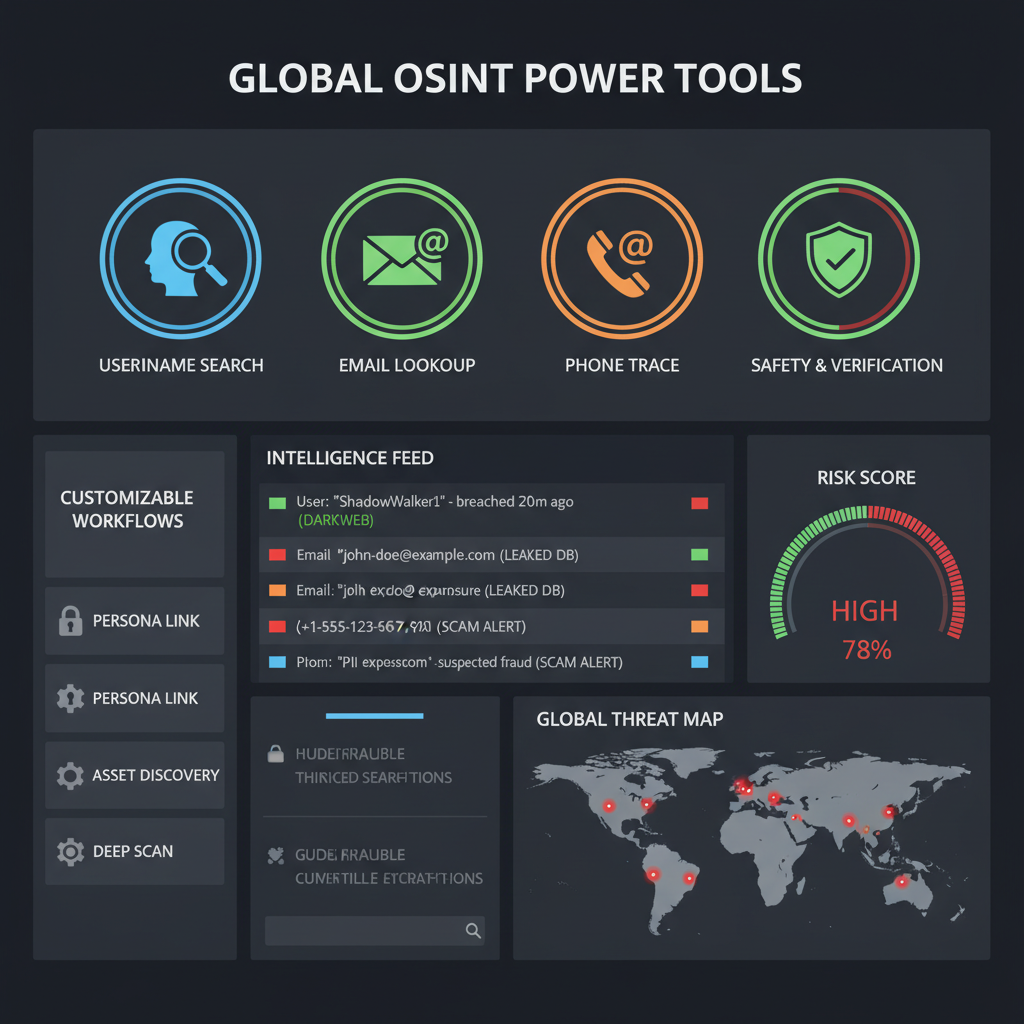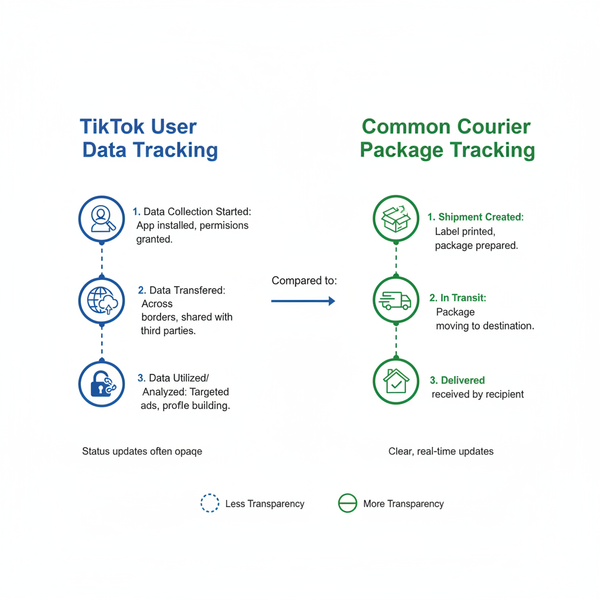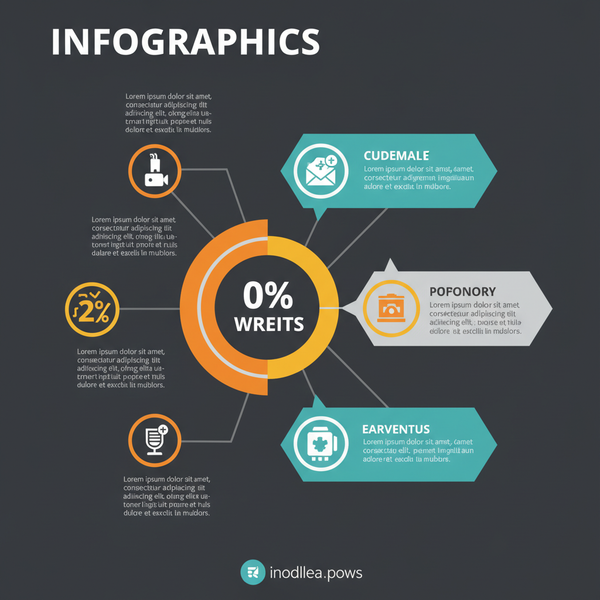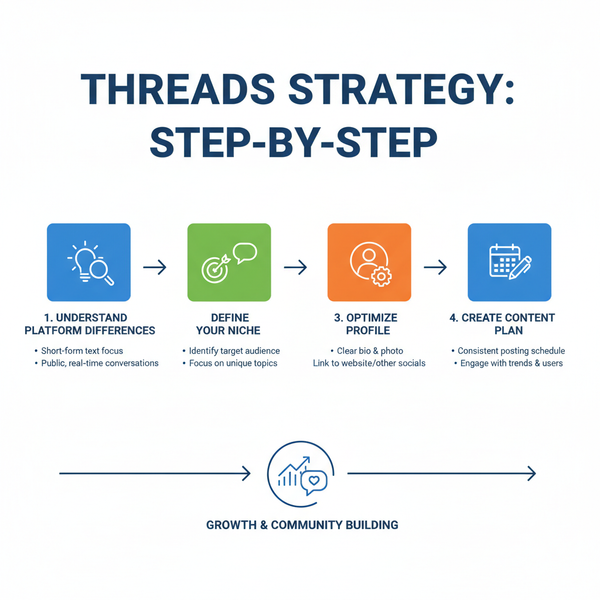Social Media Search for People: Effective Strategies
Learn effective strategies for finding people on social media using advanced filters, hashtags, location tools, and mutual connections ethically.

Social Media Search for People: Effective Strategies
Finding individuals across social networks is now a crucial skill for research, professional networking, and personal reconnections. Mastering social media search for people requires knowing how platforms function, what built‑in tools exist, and how to combine multiple techniques effectively.

This comprehensive guide explores algorithms, platform‑specific tactics, and ethical considerations — enabling you to locate people online with accuracy and respect for privacy.
---
Understanding the Basics of Social Media Search Algorithms
Social media platforms use sophisticated search algorithms that rank and display results based on several key factors:
- Relevancy — How closely your query matches profile information and posted content.
- Engagement signals — Your interaction history with similar accounts or topics.
- Connections — Direct contacts plus mutual friends or followers.
- Location and demographic data — Geo‑tags, declared hometowns, workplaces, or age brackets.
These algorithms change frequently, and privacy or moderation policies impact discoverability. Staying aware of how search rules evolve allows you to refine your search strategy for optimal results.
---
Choosing the Right Platform for Your Search Purpose
Different social networks cater to distinct audiences and styles of content. Picking the right one saves time and increases the relevance of your results.
| Platform | Best For | Key Strength |
|---|---|---|
| Friends, family, community members | Extensive profile info & groups | |
| Visual content creators, artists | Hashtags & image-based search | |
| Professionals, business contacts | Job titles & company filters | |
| Twitter/X | Public figures, industry experts | Real-time conversation tracking |
| TikTok | Short-form video creators | Trending content discovery |
Selecting based on your intended outcome or audience type is the first step toward success in social media search.
---
Using Advanced Search Filters and Hashtags Effectively
Most platforms offer more than simple keyword searches:
- Instagram/Twitter — Filter by hashtags, geo‑location, and posting date.
- LinkedIn — Narrow results by current employer, past companies, education, and industry.
- Facebook — Search by hometown, workplace, school, or mutual friends.

Hashtag strategies:
- Blend broad and niche tags for balance.
- Consider variations and common typos.
- Follow related trending hashtags to catch newer content.
Example: Searching `#WeddingPhotographerNYC` on Instagram can lead directly to targeted profiles.
---
Leveraging Mutual Connections and Tagged Posts
Mutual contacts and tags often reveal paths to a profile otherwise missed in direct searches:
- Review friends lists to see if your contacts already connect with the target.
- Browse tagged posts — tags in photos or mentions can expose a profile.
- Check likes and comments from mutual acquaintances’ posts for clues.
Tagged group photos and event posts are especially useful for tracking down elusive accounts.
---
Exploring Location-Based Search Features
Platforms such as Facebook, Instagram, and TikTok enable searching via geo‑tags or location filters:
- Find event attendees through location tags.
- Discover content posted from a specific city.
- Identify profiles mentioning a local business or area.
For local networking, journalism, or targeted outreach, location filtering shortens search time.
---
Searching by Usernames, Email Addresses, and Phone Numbers
Consistent usernames across platforms make cross‑searching effective. Enter the same handle on different networks to locate related accounts.
Email and phone searches:
- Use Facebook’s email search where privacy settings allow.
- On LinkedIn, email can help within connection invites.
- Reverse lookup tools may match a phone number to a profile — ensure they are reputable and legal in your jurisdiction.
Always follow applicable laws and respect privacy when using direct contact details.
---
Utilizing Specialized Search Tools and Third-Party Apps Safely
Beyond native search functions, certain tools expand your reach:
- Pipl — Dedicated people‑search engine.
- BeenVerified — Aggregates public records.
- Social Searcher — Monitors keywords across networks.
Safety guidelines:
- Confirm tool legitimacy.
- Avoid disclosing sensitive personal data unnecessarily.
- Abide by terms of service and privacy regulations.
---
Verifying Identities and Avoiding Misinformation
Similar names and incomplete profiles can lead to false identification:
- Compare profile photos carefully.
- Verify listed employment or education.
- Seek confirmation via mutual contacts.
Relying on multiple data points reduces the risk of misidentification.
---
Respect Privacy Laws and Ethical Considerations
Ethical compliance is fundamental:
- Adhere to regulations such as GDPR.
- Never use data for harassment, stalking, or unlawful purposes.
- Weigh the potential impact of your search on personal rights.
Approach searches with respect and professional responsibility.
---
Tips for Conducting Cross-Platform Searches
A methodical plan maximizes efficiency in social media search for people:
- Identify unique elements (username, profile picture style).
- Search thoroughly on the primary network.
- Replicate the search on at least three other platforms.
- Compare findings for discrepancies or extra details.

Cross‑referencing helps build an accurate, well‑rounded profile.
---
Keeping Records of Your Search Findings for Follow-Up
Maintaining thorough records aids continuity:
- Store screenshots (within legal boundaries).
- Save links and note mutual contacts discovered.
- Record dates to track changes over time.
Documentation is particularly valuable for research and investigative purposes.
---
Summary
Social media search for people requires an informed blend of platform knowledge, advanced filters, cross‑network comparisons, and ethical mindfulness. By following the strategies above — from hashtag use to mutual connection exploration — you can improve search accuracy while respecting privacy.
Whether reconnecting, prospecting, or investigating, apply these techniques today to achieve precise, responsible, and efficient results. Start refining your searches now and strengthen your online discovery skills.




